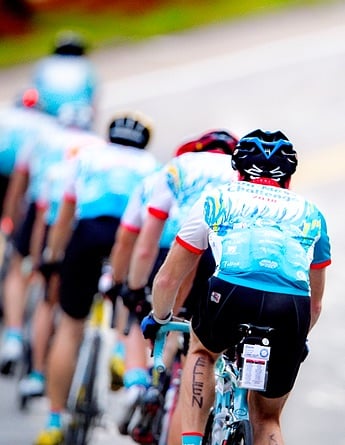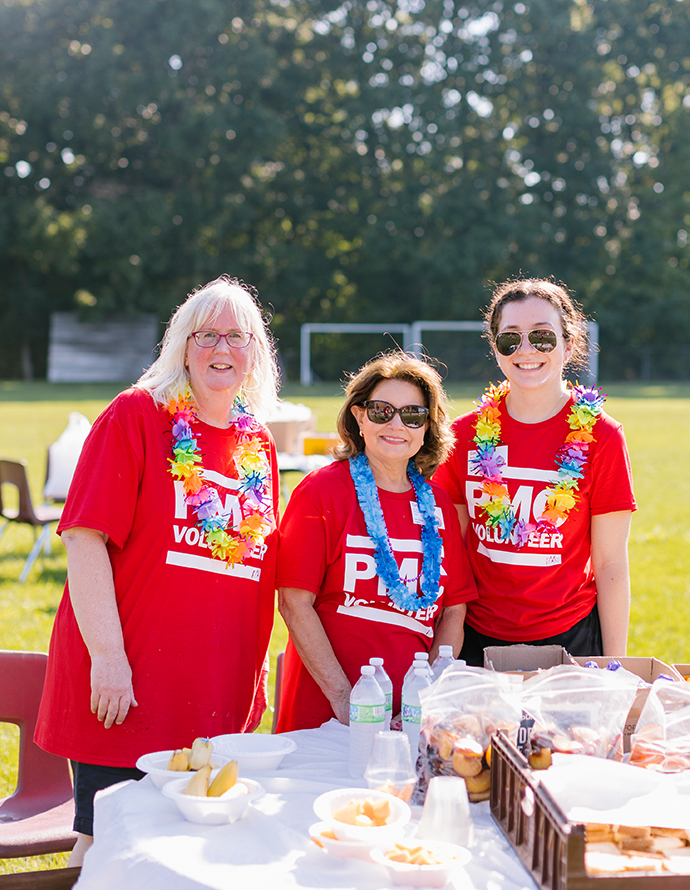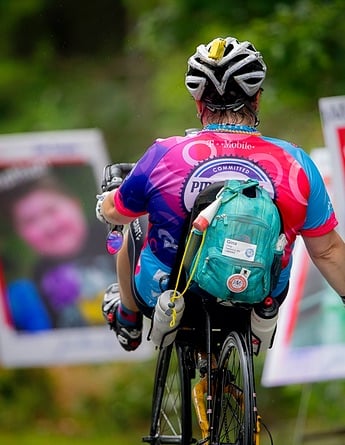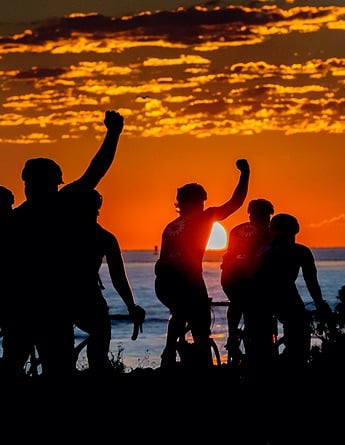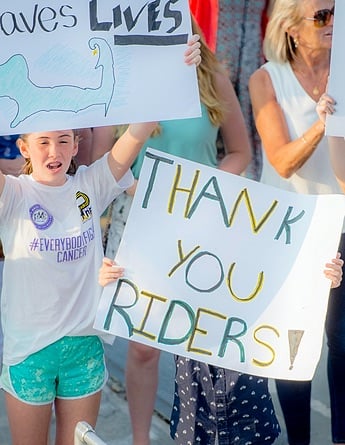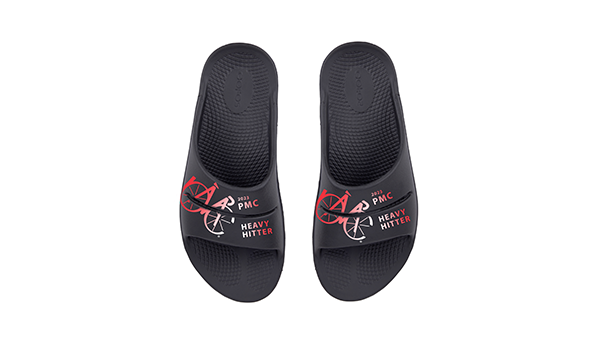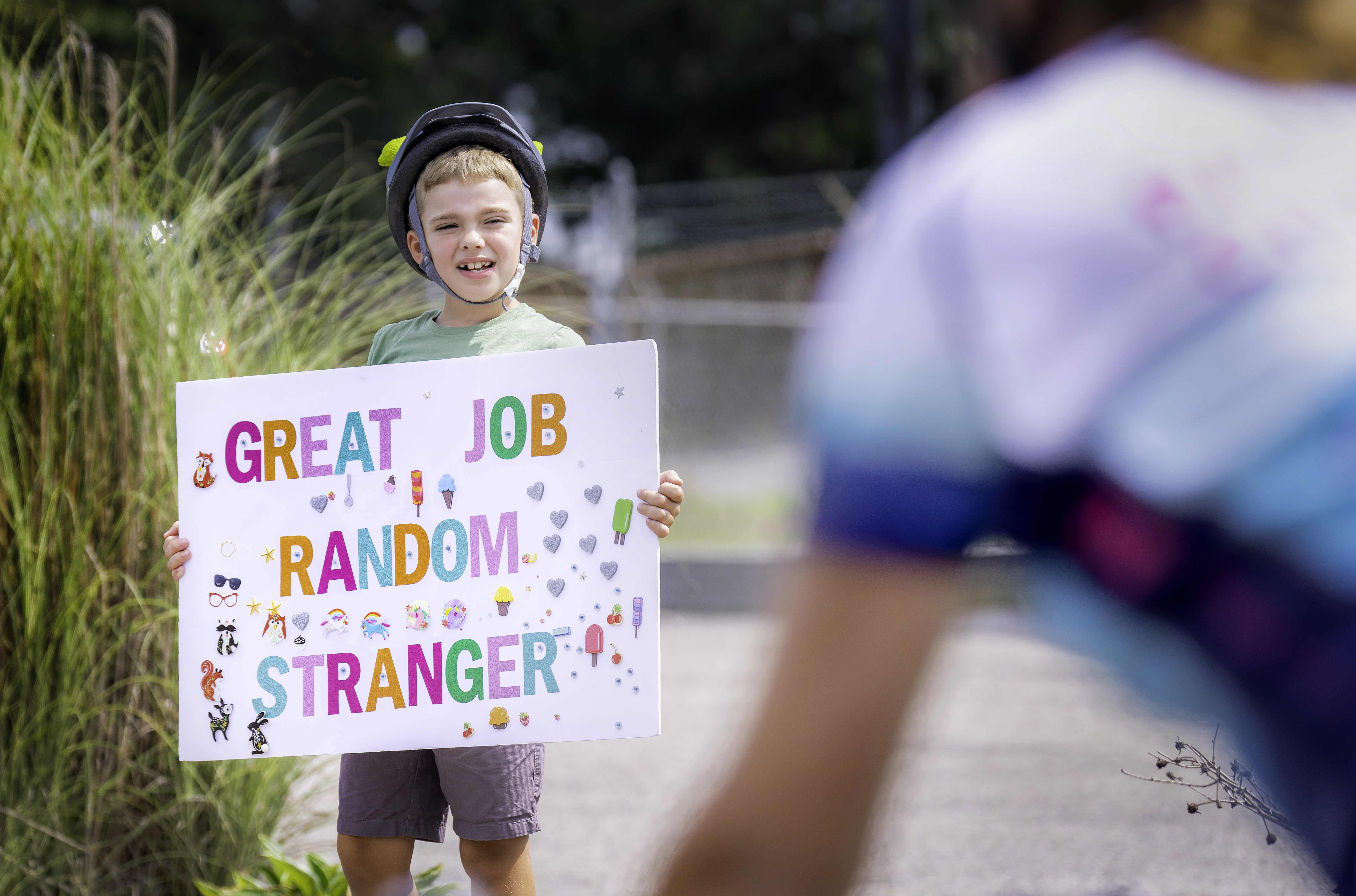The New York Times writes about teenagers and cancer today. It's a story that may sound all too familiar to some PMC families. The story begins:
"Simone Weinstein's ordeal with cancer started in the most banal way: she was tired. She had a hard time getting up in the morning, and did not even have the energy to hang out with her friends. But Simone was 14. Her mother thought she was just a typical teenager. "She'd say, ‘I don't know what to do with you,' " said Miss Weinstein, now a 20-year-old student at Whittier College in California, who was finally given a diagnosis of the blood cancer called acute lymphoblastic leukemia. "She thought I was being a normal, somewhat lazy, silly teenager." That is not unusual, even though 1 in 333 children develops a malignancy by age 20, and the disease leads to more deaths in the 15-to-19 age group than any other single illness. Experts say that since teenagers tend not to ask adults for help or confide about embarrassing physical changes, they are likely to receive their diagnoses much later in the course of their illness than younger children. And that usually means they will require more aggressive and protracted treatments that can lead to lifelong side effects."
Full story: In Cancer Fight, Teenagers Don't Fit In, by Roni Caryn Rabin The story also talks about unique differences of treating teens with cancer. Should a 16-year-old be treated in the pediatric center with infants or in a unit with adults? It's a question parents have anguished over for years. At Dana-Farber Cancer Institute, there are special resources and programs for adolescents and young adults. If there is anyone in the cancer field who knows that teens need a different kind of support system, it's Lisa Scherber, child life specialist at the Jimmy Fund Clinic at Dana-Farber Cancer Institute. Scherber, known for her amazing work with young patients at the Jimmy Fund Clinic, also organizes special adventures for the teens at DFCI. Under Lisa's watchful eye, and with no parents allowed, teen oncology patients travel to Ft. Myers every spring for Red Sox Spring Training. Last year, Lisa brought to Boston 26 teenage girls who were in treatment or recovering from cancer to enjoy a special day of pampering that included manicures, shopping and photos taken by a professional photographer. "It's so difficult for teenagers who have cancer," Scherber says. "They are just starting to find their independence and, wham! they get hit with cancer and their parents become glued to them again."
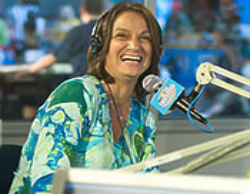
Lisa Scherber
Scherber, a PMCer for the last seven years, uses the PMC to raise money to pay for teen programs. She's personally raised more than $60,000 for The Jimmy Fund. Read more about "The Play Lady" And here is an amazing story of friendship among two teens who met while undergoing cancer treatment at DFCI. The PMC has also been a resource and athletic outlet for teen cancer survivors and their families. Valerie Bradley, who shares her story above, is going to ride her first ever PMC this summer, alongside her mom and dad. She's one a several Pedal Partners turned PMC riders.



